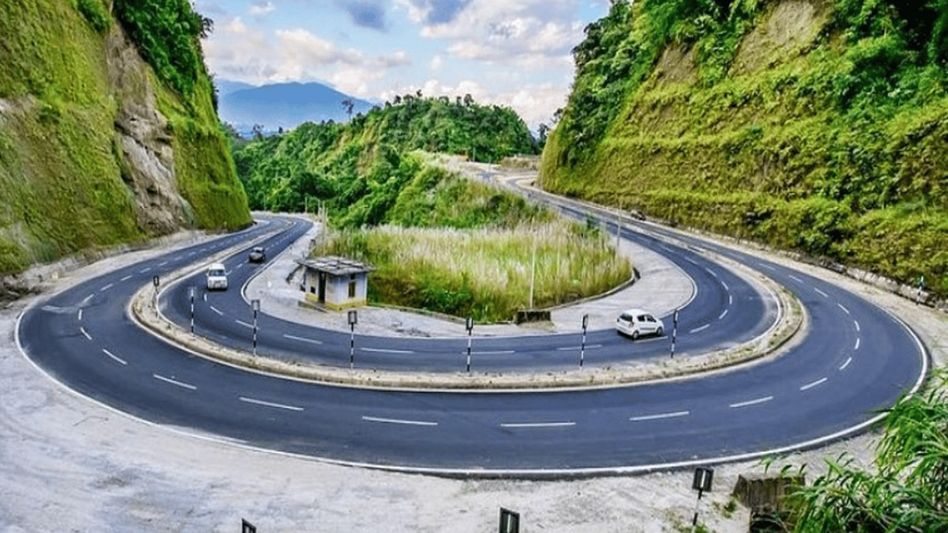Arunachal showcases organic potential, eyes global markets at international meet
For non-perishable items of importance, identify routes for transportation of commodities to major centres of export. Create primary processing facilities within the state at a few centres which produce can be aggregated.

For non-perishable items of importance, identify routes for transportation of commodities to major centres of export. Create primary processing facilities within the state at a few centres which produce can be aggregated.
For non-perishable produce, invest in creating pre-cooling infrastructure and reefer vans for maintaining cold chain.
This can enable better prices for producers of organic produce of Arunachal Pradesh.
These are two major suggestions made by CAIRA at an International Conclave cum Buyer Seller Meet in Arunachal Pradesh, organised by the Agricultural and Processed Food Products Export Development Authority (APEDA) and the Arunachal Government. Estimates suggest that farmers in Arunachal lose 10 per cent of fruit value due to poor post-harvest handling.
Siraj Hussain, Chairman of the Governing Council, CAIRA (Centre for Agri Infrastructure Research and Action), an initiative of The Infravision Foundation, also presented a preliminary analysis of the supply chain of kiwi the import of which has risen in India, but the production of which has stagnated in Arunachal.
The analysis by CAIRA has found that the yield of kiwi in AP is much lower than the same in Meghalaya.
It has recommended the equipping of pack-houses with modern sorting, grading, and temperature control systems; and organic branding which fetches a 15 per cent premium on price.
Also Read: Arunachal's Ziro blooms with surge in tourist footfall; locals champion clean travel
Hussain also acknowledged a previous key intervention by the Food Corporation of India (FCI), which, in collaboration with the state government, constructed godowns in remote locations which included Yingkiong, Tawang, Anini, Ziro, Seppa, Bomdila, Roing, Khupa, Tezu and Aalo to reduce logistical costs and improve food grain storage. He pointed out that even during the Covid-19 pandemic, the State had a six-month stock of food grains. This was possible due to investment in infrastructure.
The International Buyer-Seller Meet in Tawang also saw the participation of several key dignitaries, including the Chief Minister Pema Khandu, who reaffirmed his commitment to strengthening Arunachal Pradesh’s agricultural and allied sectors.
He emphasised the export potential of GI-tagged produce such as Khamti Rice, Mandarin Oranges, Kiwi, Yak Cheese, amongst South East Asian and ASEAN Countries. He acknowledged the gap in cold storage in the state due to its reliance on heavy power usage and talked about leveraging the immense hydropower potential in the state to bridge this gap and boost agri-export readiness.
Minister of Agriculture Gabriel Denwang Wangsu also emphasised the need to build farmer capacity and market awareness to ensure better pricing for high-quality produce like kiwi, apples, and value-added products.
APEDA Chairman Abhishek Dev underscored the importance of identifying Farmer Producer Organisations (FPOs) and Farmer Producer Companies (FPCs) from the state for participation in trade fairs and market outreach efforts. He assured close collaboration between APEDA and the state government to support infrastructure development, capacity building, branding, and promotion of Arunachal’s agriculture and value-added products.
Chief Secretary Manish Gupta and several senior officers from the central and state governments attended the event, further reinforcing the collective intent to strengthen Arunachal Pradesh’s agricultural ecosystem.
The International Conclave cum Buyer-Seller Meet enabled direct interactions between 11 international Buyers from 3 countries including UAE, Nepal and Bhutan with 17 Indian exporters from 7 states and Union Territories (UTs) including Assam, Maharashtra, Delhi, Hyderabad, Karnataka, Gujarat and West Bengal. The exporters from across the country also interacted with over 50 FPOs and over 350 farmers from Arunachal Pradesh who participated in the event to understand the agri produce quality, availability and production quantities.
Copyright©2025 Living Media India Limited. For reprint rights: Syndications Today









